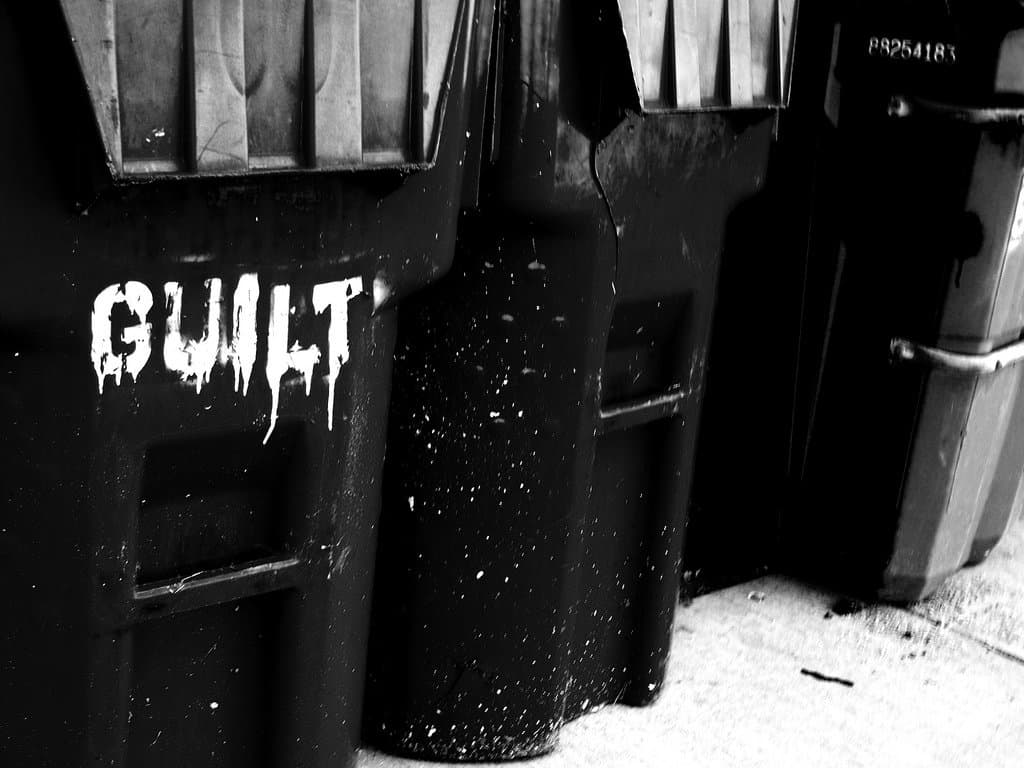Over the last two years, I’ve taught a high school class called “Christian Discipleship.” The course description states: “This course is intended to help student reflect on the meaning and implications of justice in their faith lives.” Accordingly, we spend a great deal of time unpacking the different injustices in our world. Classes include discussion on arrest rates by race, communities affected by environmental degradation, and the language we use to describe sex and sexuality. We tackle each of these from personal, cultural, community, and structural lenses in light of the Gospels and Catholic Social Doctrine.
For many of the students, this is their first foray into examining social sin. It is the first time they have lengthy discussions about privilege, wealth, fragility, and oppression. When I propose that we are responsible for challenging these historic structures, I get a similar response: “I shouldn’t have to feel guilty for…” These responses match the comments I’ve seen across various blogs, including comments on The Jesuit Post.
I’m left wondering: why shouldn’t we feel guilty?
****
In our fourth unit on human dignity, we spend several classes tracing the history of legalized racism and discrimination – from slavery, to Jim Crow laws, and segregation. Most of my white students contend that official racism ended with the Civil Rights Act of 1964. When I propose that structural racism continues today, they begin getting agitated. I state that while they may not try to actively oppress anyone, those historical acts have ramifications today. Moreover, modern legislation enforces that structural racism. To my white students, I tell them clearly that they benefit from white privilege based on this history. They reply that it’s not their fault, that they’re not responsible.
Here are some examples of the most common responses:
I shouldn’t have to feel guilty for what my great-grandparents did. I’m not the one who did those things – it’s not my fault.
Just because America used to be racist doesn’t mean they should take away my rights.
My family worked hard for where they got, I shouldn’t have to throw that away because somebody else used to be oppressed.
It might have been that way back then, but today it’s because their communities are broken.
Our discussions of structural racism and white privilege provoke these defensive responses and a resistance to feelings of guilt. But I wonder: why do we always treat guilt like a bad thing? Doesn’t guilt imply a tug on our conscience? Can’t guilt say that we want to care, but we are afraid? The Catechism states, “Prudent education teaches virtue; it prevents or cures fear, selfishness and pride, resentment arising from guilt, and feelings of complacency, born of human weakness and faults…” When our guilt leads to resentment, it might be the shortcoming of our education. But guilt doesn’t have to function that way.
The guilt associated with social sins like racism and poverty threatens the privilege that I enjoy. I personally have found it very difficult at times to forgo that privilege, and sometimes fail to do so either out of ignorance or self-righteousness. The American Dream is built upon notions of hard work and self-sufficiency, that we deserve every luxury and privilege that we have worked to earn. But what if that dream is not the reality we believed?
It can be frightening to suddenly discover that the lives we built are not totally the results of our own hard work. It would be imprudent to say they are not at least partially a result of that effort, but to say my success is completely my own work would be equally imprudent. The guilt that accompanies a broken self-image can lead to resentment, anger, and mistrust. For many, this is where the guilt of social sin stops. But guilt doesn’t have to lead to resentment; it doesn’t have to stop there.
Guilt can go a step further and call us back into a just, righteous relationship. I have found great healing in admitting that I do benefit from social sin. Guilt moves from fear and resentment to reconciliation and collaborating for justice. Guilt does not have to be about negating the value of hard work. Rather, we can work hard together to break down oppression and ensure mutual freedom.
****
Perhaps the reason that guilt can so often lead to resentment and selfishness stems from complacency. We can easily become accustomed to privilege. When someone reminds us of the problems with the status quo, we can become defensive and frustrated. One might even reply, “I shouldn’t have to feel guilty!”
The feeling of guilt is not the fault of another: it is the response of our own conscience. It will continue to nag and agitate us unless we act. Complacency prevents change, and resentment will push us further into antagonism. The cure for guilt is not to shove it away and stagnate in our own indignation. The best way to fight guilt is to embrace it, explore its roots, and seek reconciliation. Through this process of learning, reflecting, and taking action, guilt recedes and opens to true healing and builds healthier communities.
***
Photo courtesy FlickrCC user durera_toujours.


